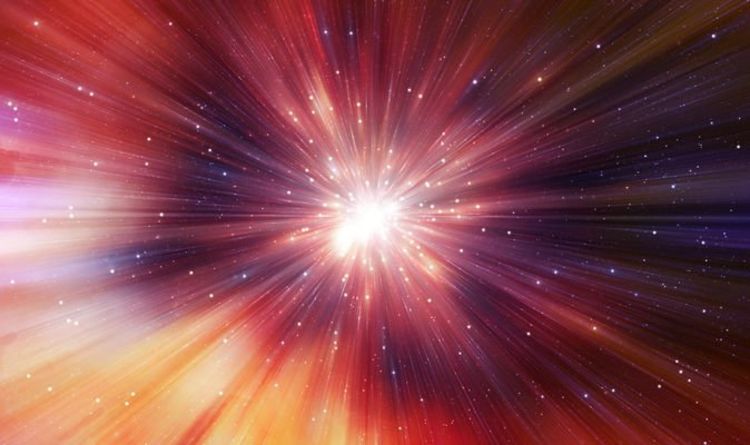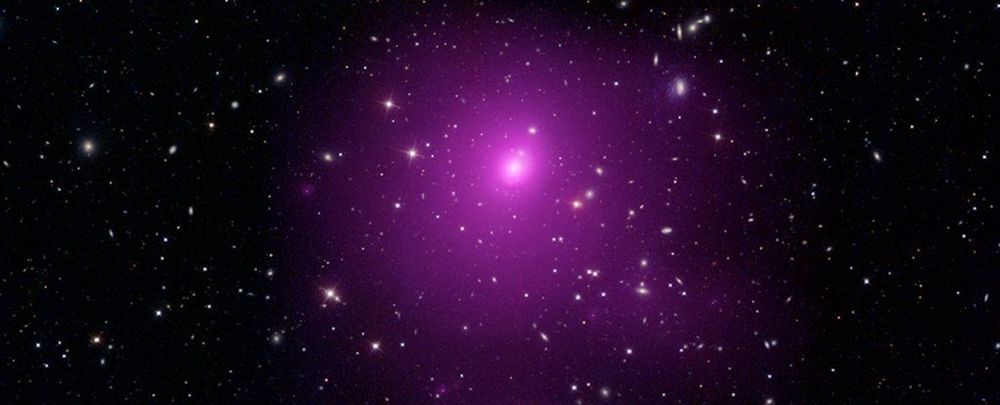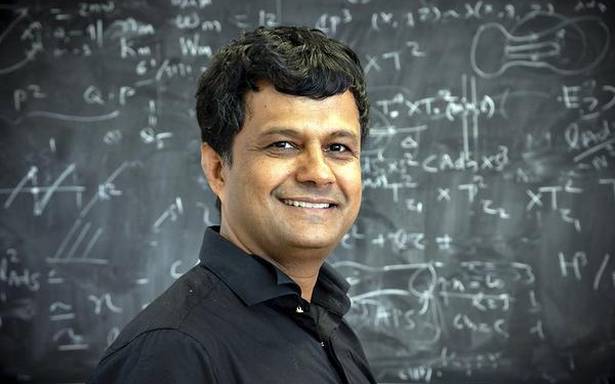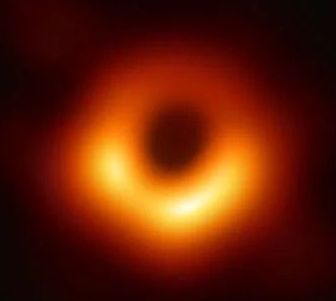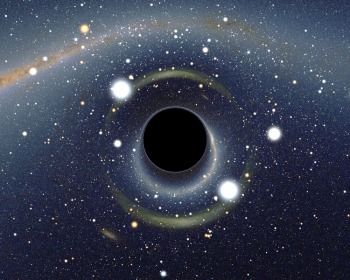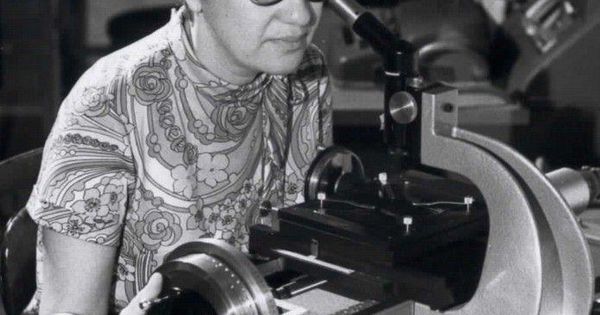Atish Dabholkar, a theoretical physicist from India, has been appointed as the new director of Abdus Salam International Centre for Theoretical Physics (ICTP) in Trieste, Italy.
He is currently the head of ICTP’s high energy, cosmology and astroparticle physics section. He joined the centre in 2014 on secondment from Sorbonne Université and the National Center for Scientific Research, where he has been a research director since 2007. Mr. Dabholkar will take up his duties as ICTP director with the rank of Assistant Director General of the United Nations Educational, Scientific and Cultural Organization (UNESCO). He will succeed Fernando Quevedo, who has led the centre since 2009.
“It’s an honour and a great responsibility to be chosen as ICTP’s next director. ICTP is a one-of-a-kind institution with a very high level of research and a unique global mission for international cooperation through science. It was envisioned as an international hub for excellence in science and as an anchor to build scientific capacity and a culture of science around the globe. This vision remains valid today even after five decades, but needs to be implemented keeping in mind changing realities and priorities,” he said in a statement.
